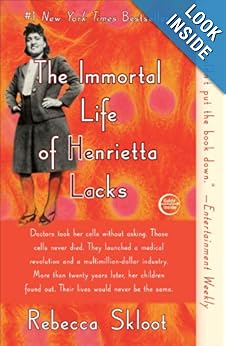 |
| Corner Pocket |
"The best feeding time is autumn when, in a good year, the trees are laden with nuts and acorns. Some of this bounty is consumed, but many nuts are cached. Because they are industrious hoarders, they become thoroughly engrossed with their task, and frequently seem oblivious to the hazards of traffic. From the beginning of September, many are killed by cars when they attempt to cross busy streets."
 |
| Top Shelf |
"Winter is a harsh survival test. By the first week in January, their buried larder is empty and to live, they are forced to eat pine seeds, buds, twigs, and bark. Even squirrels in the city feel the pinch of hunger at this time, and resort to raiding bird feeders...Tests have proved that peanuts, the staple "handout", contain insufficient nourishment to keep squirrels in good health."
 |
| Fast Food |
"A high percentage of nuts buried in autumn are never recovered and eventually take root. Thus the grey squirrel makes an important contribution to the renewal of the trees upon which he feeds."
Yea, squirrels!
 | |||
| Could take Root |
from: The Squirrels of Canada by S.E.Woods Jr.



